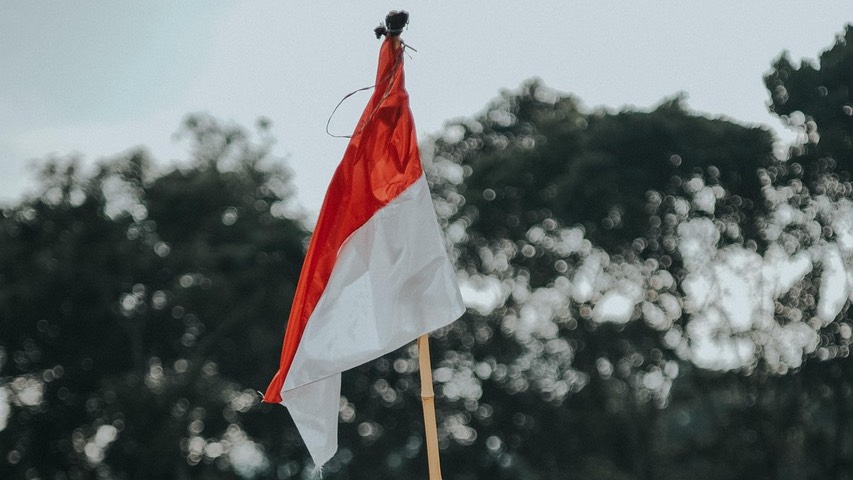Amnesty urges release of 75 detainees following ‘gay party’ in Indonesia
Police claimed to have seized four condoms, sex toys and a sword from the gathering at a villa
By Aaron Sugg

Human rights group Amnesty International is calling for the immediate release of 75 people detained during a police raid on a private gathering described as a “gay party” in Bogor, Indonesia on Sunday (22 June).
Local authorities say the operation was triggered by public reports of “gay activities.” Police claimed to have seized four condoms, sex toys and a sword allegedly used in a sexual performance.
“A blatant violation of human rights and privacy” – Wirya Adiwena
Amnesty International Indonesia’s deputy director Wirya Adiwena said in a statement: “This discriminatory raid on a privately rented villa is a blatant violation of human rights and privacy that exemplifies the hostile environment for LGBTI people in Indonesia. This gathering violated no law and posed no threat.”
After the 75 individuals (74 men and one woman) at the party in a villa in the Puncak area, they were taken to Bogor Police headquarters and subjected to health screenings and HIV tests, authorities confirmed on Monday.
Adiwena added: “No one should be subjected to arrest, intimidation or public shaming because of their actual or perceived sexual orientation or gender identity.”
Amnesty International is demanding not only the release of all detainees but also accountability for police actions.
“Indonesia’s government must take urgent steps to ensure accountability for human rights violations committed by the police,” said Adiwena, “and work toward creating an environment where LGBTI individuals and their allies can live free from fear.”
The raid is part of a pattern of crackdowns on the LGBTQ community in Indonesia, often carried out under vague provisions of the country’s Pornography Law.
Earlier this year, nine people were arrested in a similar raid in South Jakarta on 24 May, and 56 others were detained during another raid on 1 February.
While homosexuality is not illegal in most parts of Indonesia, including Bognor and Jakarta, it remains a sensitive topic and one that has been highly debated in this predominantly Muslim nation.
